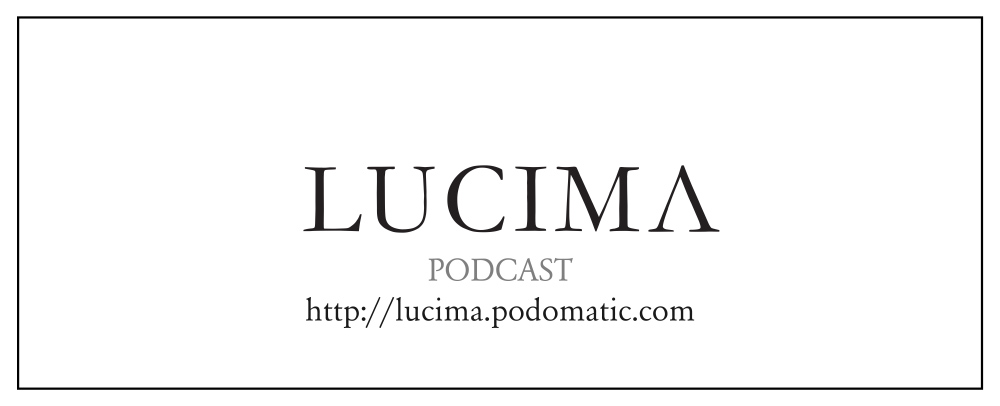A while back I talked about whether it was possible to train/teach someone to "see detail".
I have my own opinions on this topic but that's not the point today. I'm going to talk about what "seeing detail" really means.
I believe that good photographers have what I consider "higher fidelity" or more bits of "processing power/depth" in their eyeballs (and brain). They see things in more gradations than normal people do.
Yes, this sounds completely wonky. But bear with me. Have you ever sat down with someone who wasn't a photographer/retoucher and tried to show them subtle differences in curves, levels, exposure, depth of field, etc... only to have them say, "I don't see it"? This happens to me all the time. As an example, if I'm demonstrating retouching techniques in person, most people don't see the effects that my brushstrokes generate. The only time they see a difference is when I turn the overall layer on and off (when I'm done with it).
Additionally, as I've grown as a retoucher my sensitivity to gradients and finer adjustments has increased dramatically. As an example, my dodge and burn brush used to be set at 3-4% exposure. Now it's set to 1% and I feel that sometimes it adds too much too quickly to the picture.
Part of being a better photographer is developing that discerning eye. Increasing your eyeballs' "dynamic range" for subtleties and differences. This also includes increasing your eyeballs' "bit depth" in seeing small differences in color and shade (just like our cameras). While normal people can't see the difference between an 8-bit JPEG vs. a 16-bit TIFF, I'd expect the best photographers/retouchers to see those differences. In addition, via reviewing the work of others we expand our mental databases of existing work to recognize different styles and techniques that separate one artist from another. This allows us to "backsolve" existing pictures more effectively which increases our own repertoire of techniques and overall skillset.
With all this being said, I'm not 100% sure everyone has the same potential to achieve the same level of "fidelity". I think some eyeballs are better than others. In the same way that I will probably never dunk a basketball on an NBA regulation-height rim, you may or may not be able to achieve the level of scrutiny that would help you create better images. Regardless, I believe in "visual IQ" and its role in better photography.
Increasing your visual IQ can be very handy when trying to figure out (for example) why B&W film has that "look". While most photographers are content with just saying "there's something different about film", great photographers are actually figuring out how to replicate those effects and properties with digital.
Am I crazy?

No comments:
Post a Comment